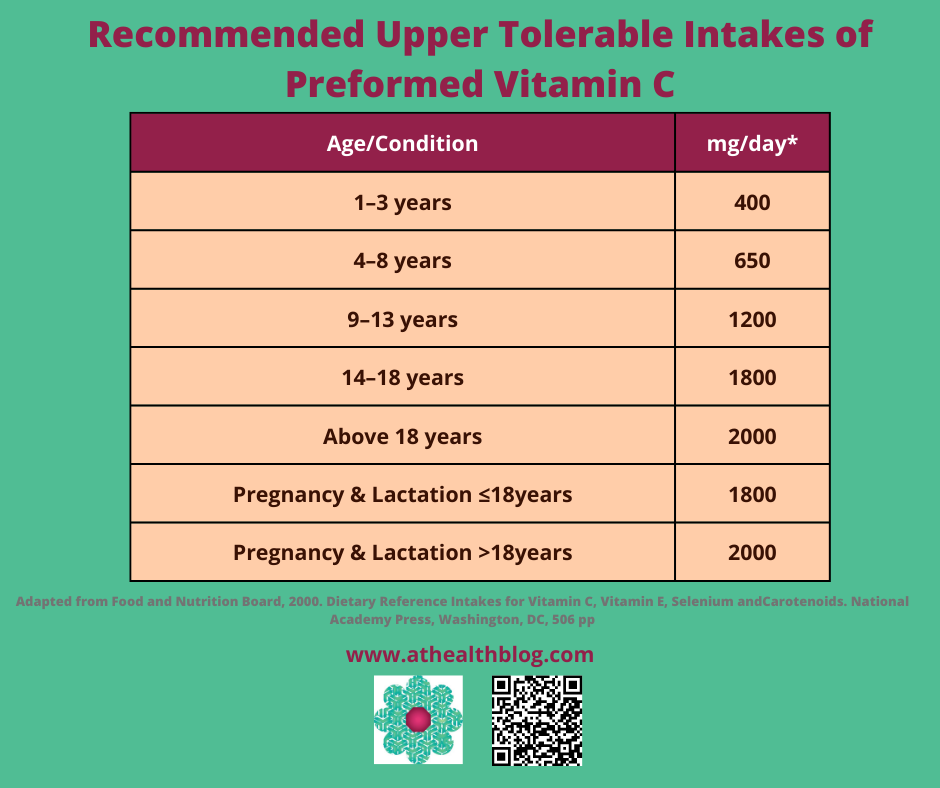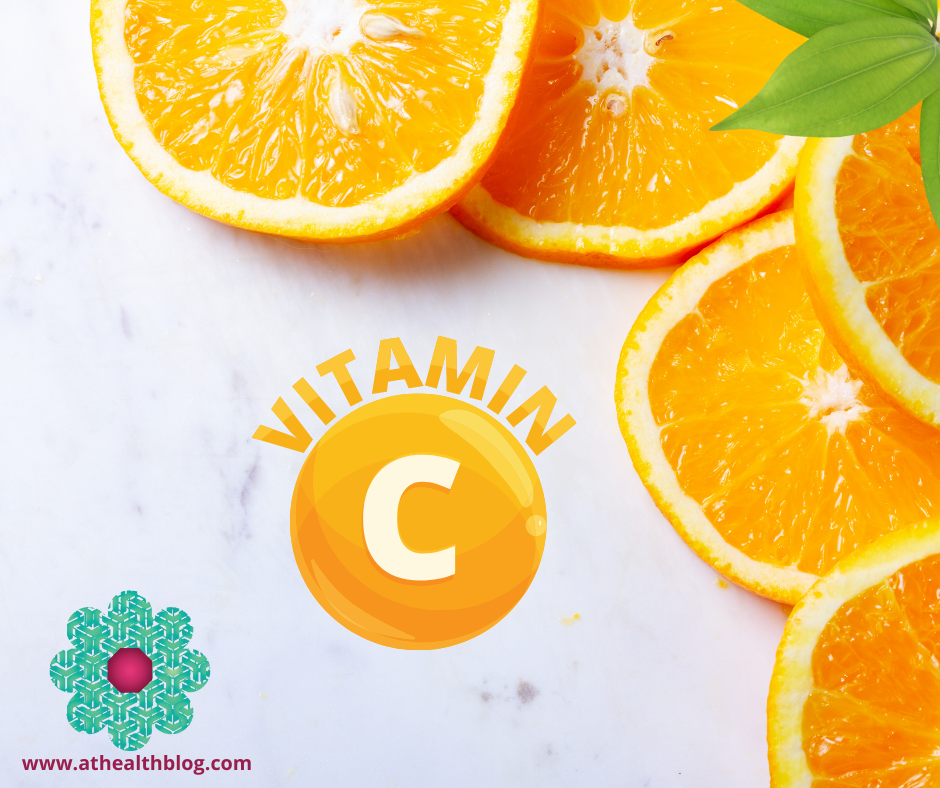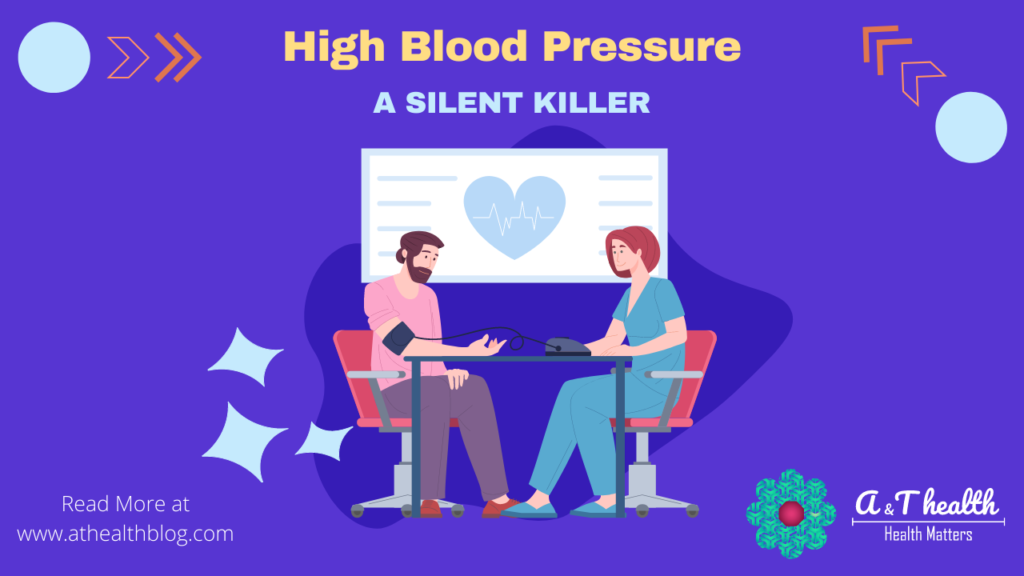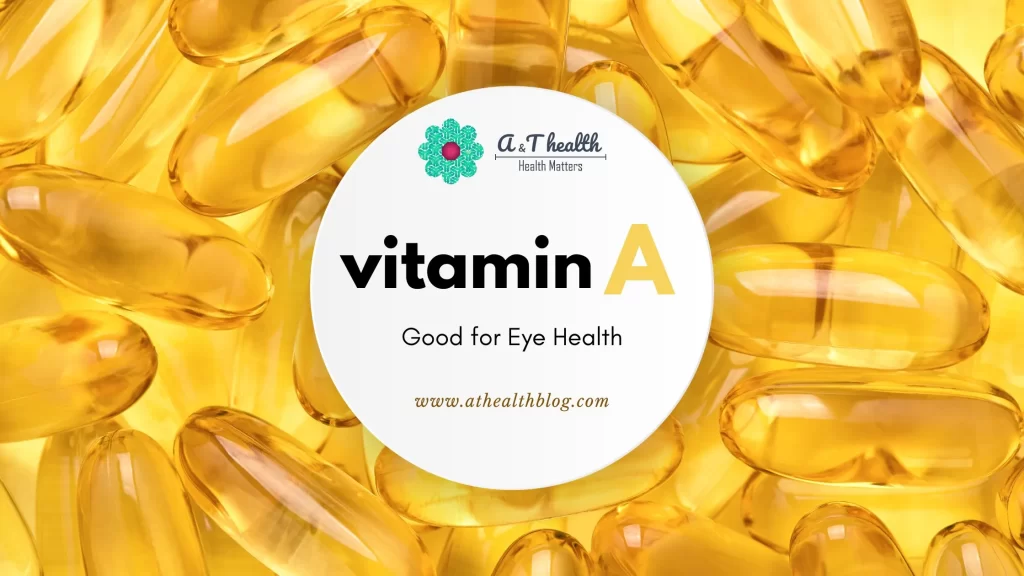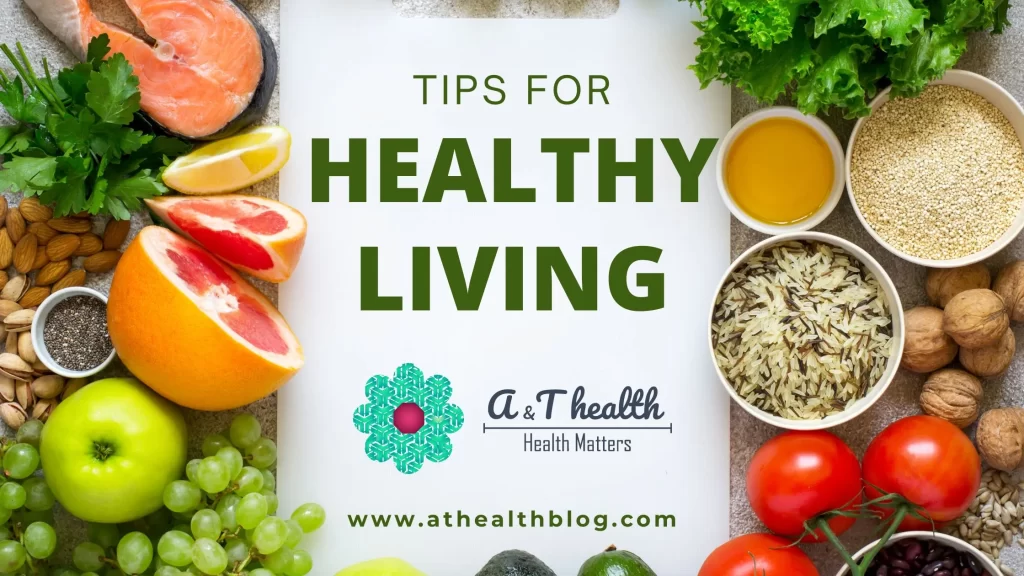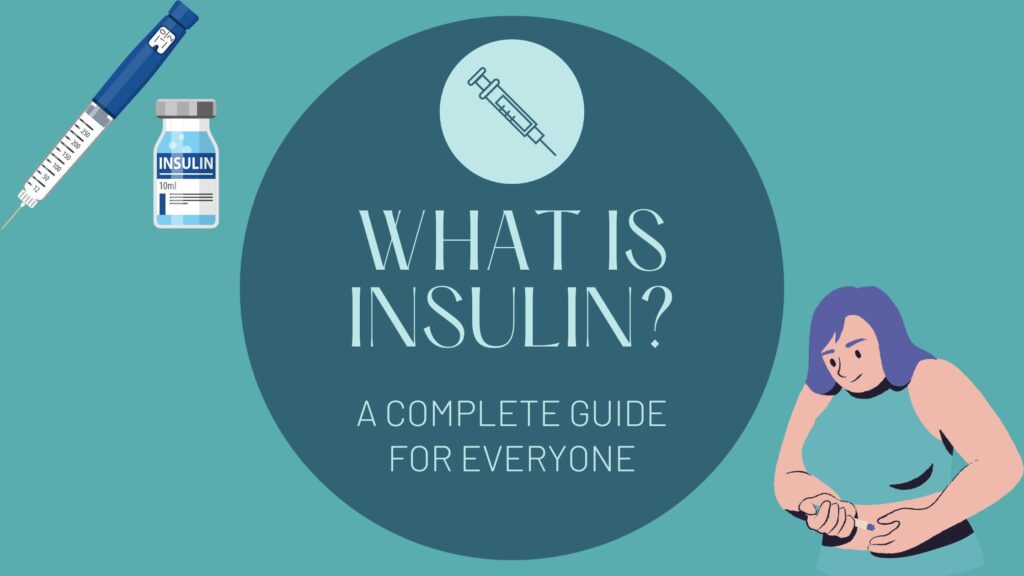The name “vitamin C” refers to a group of compounds that includes ascorbic acid and its salts, which are all chemically similar. Before going into the daily vitamin c recommendation, let me briefly introduce vitamin c.
- It is soluble in water and excreted through the urine.
- Our body cannot store it, so we have to eat this daily.
- We can get the recommended amount by eating a balanced diet daily.
- It is an essential vitamin vital for a healthy immune system and protection against
diseases. - Its deficiency can lead to scurvy and other health issues.
The daily vitamin c recommendation by dietary intake for adults by the world health organization is 45 mg per day. This recommendation for different age groups is also detailed below.
- From where to get vitamin c?
- Vitamin C content of various foods
- Benefits of a daily vitamin c recommendation
- Antioxidant Functions
- Immunity and Covid-19
- Improving iron utilization
- Interaction with other minerals
- Prevention of cataracts
- Diabetes prevention
- Ageing and wrinkles
- Other functions
- Adequacy of Daily Vitamin C Recommendation
- What is the deficiency of vitamin c?
- What are the symptoms of vitamin c deficiency?
- What health problems can arise from vitamin c deficiency?
- What is the adequate daily vitamin C recommendation?
- What is the maximum daily vitamin c recommendation?
From where to get vitamin c?
By nature, vitamin c is present in some foods, added to others, and available as a dietary supplement. Humans cannot synthesize vitamin C endogenously, unlike most other animals, so it is an essential dietary component.
- Various citrus fruits and vegetables, including oranges, strawberries, bell peppers, broccoli, and kale, have vitamin c.
- Other sound sources of vitamin C include papaya, cantaloupe, kiwifruit, mango, Brussels sprouts, cauliflower, cabbage, tomatoes, potatoes, leafy green vegetables and winter squash.
Vitamin C content of various foods
As assessed by the U.S department of agriculture, 100gm of these foods have the following vitamin c content;
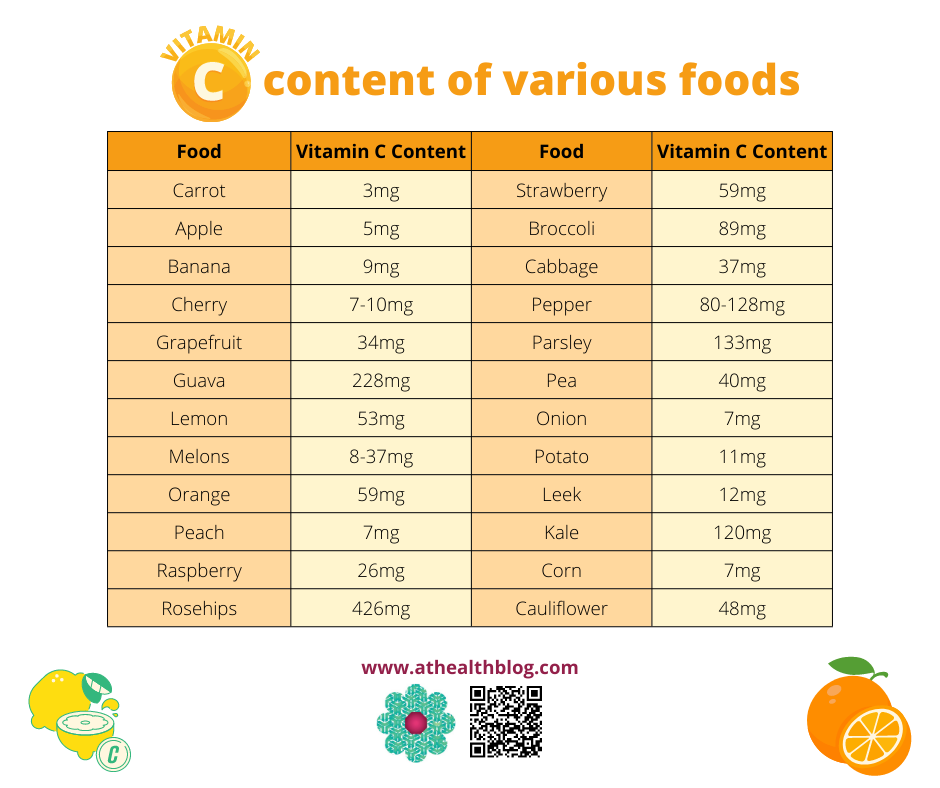
Benefits of a daily vitamin c recommendation
The health benefits of vitamin C are vast.
- Taking a daily recommended vitamin c quantity helps you remain healthy. It protects your body systems against the possible cell damage caused by oxidative stress.
- It is an essential vitamin to delay the signs of ageing, and protect your skin from wrinkles, hence applied topically over the face.
- Vitamin C helps boost the immune system, protect against heart disease and cancer, and improve the health of our skin.
- It reduces the risk of arthritis and other inflammatory conditions.
- Vitamin C is an essential nutrient for overall health, and everyone should make sure that they are intaking enough of it in their diet. Its various health benefits are briefed below.
Antioxidant Functions
Vitamin C is a powerful antioxidant. Being an antioxidant scavenges the free radicals formed in the body due to various processes. Free radicals are very reactive, and they can damage our living cells, leading to disease. Taking a daily vitamin C supplement can help protect the body against the harms of free radicals.
Immunity and Covid-19
Vitamin C affects immune functions in several ways, including the production and activity of natural killer cells and the production of antibodies against viruses. These functions appear to be affected by vitamin C status, compromised by deprivation of the vitamin or stimulated by high doses of the drug.
Improving iron utilization
Vitamin c also aids in absorbing iron from the gut into the blood. This effect is facilitated by the simultaneous presence of vitamin c and iron in the stomach. Whenever you intake iron, we recommend you to eat it along with vitamin c rich food.
It also promotes the utilization and storage of iron in the cells and protects the stored iron from damage by local enzymes.
Interaction with other minerals
Vitamin c helps reduce the toxicities caused by the high levels of selenium, copper, nickel, lead, vanadium, and cadmium by reducing absorption and increasing excretion from the body. It can also improve the utilization of low doses of selenium, and increase tissue levels of manganese.
Prevention of cataracts
Vitamin c, along with tocopherol and reduced glutathione, provides protection against cataracts, a condition where the eye lens becomes opaque.
Diabetes prevention
Vitamin c helps in multiple functions associated with diabetic complications. An adequate intake of vitamin c protects a person with diabetes from complications.
Ageing and wrinkles
Vitamin C is also essential for the biosynthesis of collagen, which is the main structural protein in the skin. With age, collagen production declines, leading to wrinkles and other signs of ageing. Vitamin C can also help reduce the appearance of wrinkles by stimulating collagen production.
Other functions
Vitamin c is used for the biosynthesis of L-carnitine and certain neurotransmitters; maintenance of cartilage, bones, and teeth; and protection against immune system deficiencies. It has roles in cognitive functions and helps people with dementia. It has a critical role in wound healing and protecting the lungs against toxic environmental gases we inhale.
Adequacy of Daily Vitamin C Recommendation
A medical lab technologist uses a blood test named plasma/serum ascorbate concentration to assess the adequacy of your vitamin c. A test result of 0.41-0.7 mg/dL indicates an adequate level of vitamin c.
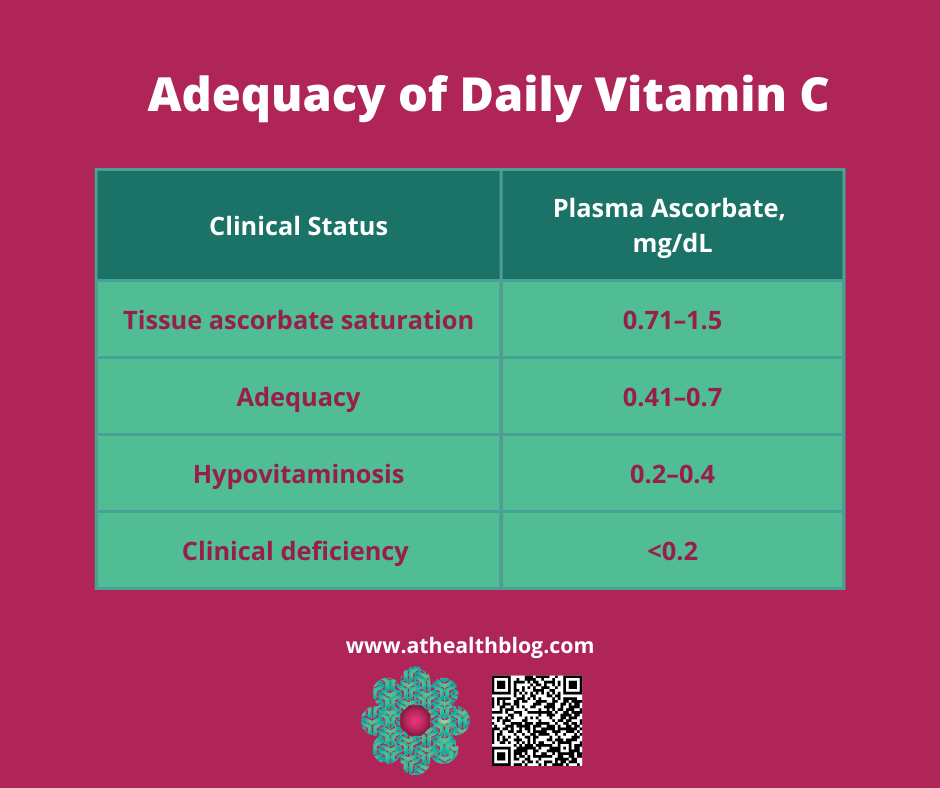
What is the deficiency of vitamin c?
A serum ascorbate concentration result of less than 0.2 mg/dL indicates a deficiency of vitamin c. This deficiency can happen due to the low dietary intake of vitamin c or other factors like smoking, environmental/physical stress, diabetes or other diseases.
What are the symptoms of vitamin c deficiency?
A dominant sign of vitamin c deficiency is prolonged wound healing time. One of the first symptoms of vitamin C deficiency is fatigue. You may feel tired all the time, even if you get enough sleep. This fatigue can be accompanied by other symptoms, such as muscle aches and pains, headaches, and a general feeling of malaise.
If your vitamin C deficiency is severe, you may also develop gum disease, easy bruising, and bleeding gums. Your skin may become dry and rough, and you may develop small, red, spider-like blood vessels on your skin (called spider angiomas). In addition, you may experience shortness of breath and a feeling of anxiety.
What health problems can arise from vitamin c deficiency?
This deficiency can lead to several health problems, including scurvy, impaired wound healing, and increased susceptibility to infection. Developed countries face vitamin C deficiency relatively rarely, but it remains a severe problem in many developing countries.
What is the adequate daily vitamin C recommendation?
World health organization and U.S. authorities established the following daily vitamin c recommendation for dietary intake to make it adequate level.
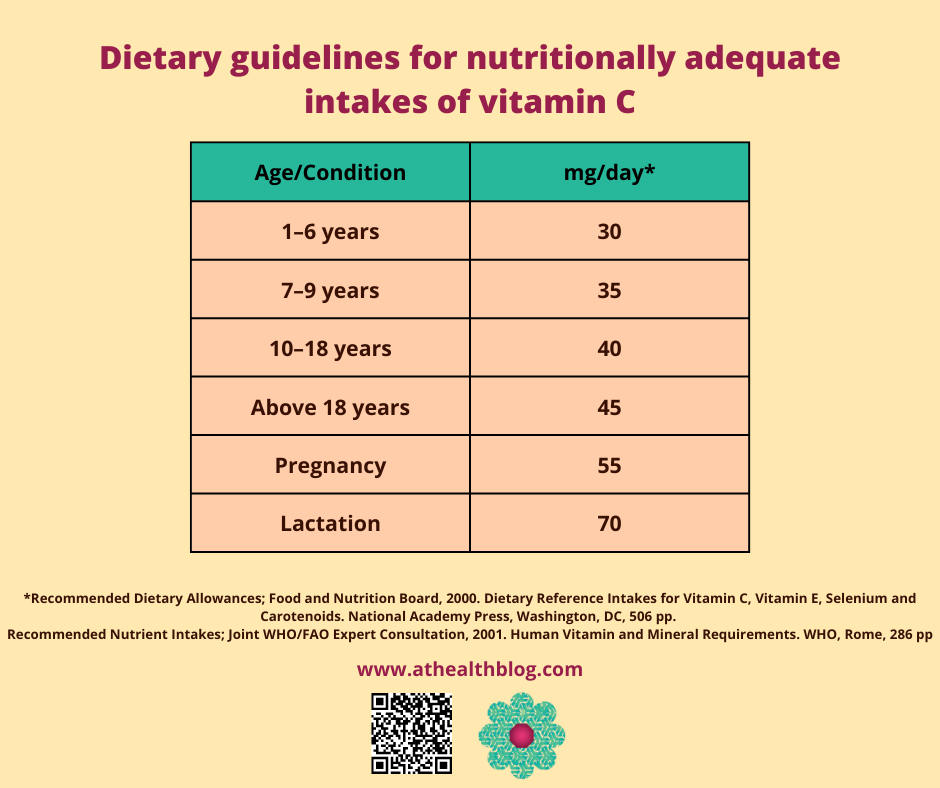
What is the maximum daily vitamin c recommendation?
Megadoses of vitamin c are possible while taking supplements. You might feel some gastric disturbance with high doses of vitamin c, but you might not feel some serious adverse effects. The U.S. authorities established the following maximum daily vitamin c recommendation
